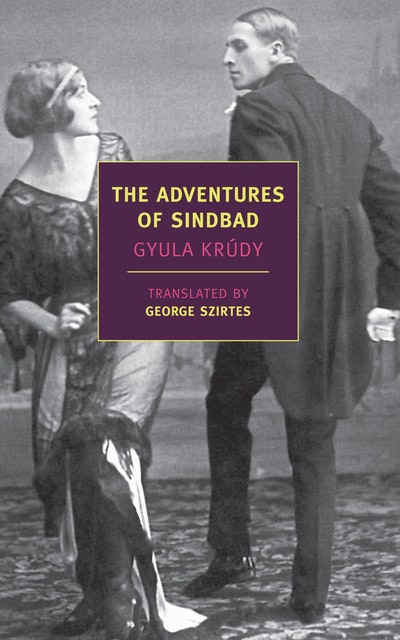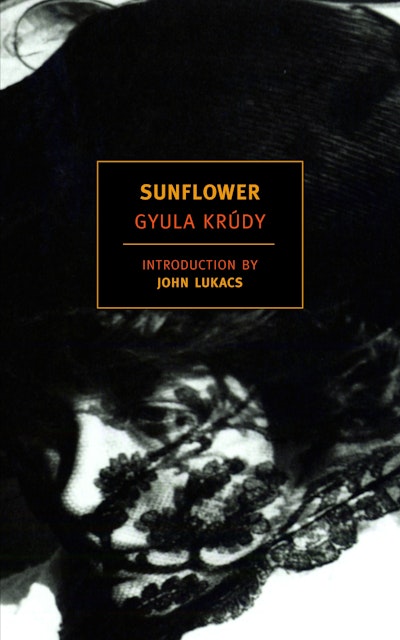[]
- Published: 15 January 2012
- ISBN: 9781590174456
- Imprint: NY Review Books
- Format: Paperback
- Pages: 240
- RRP: $35.00
The Adventures of Sindbad
Formats & editions
Buy from…
- Published: 15 January 2012
- ISBN: 9781590174456
- Imprint: NY Review Books
- Format: Paperback
- Pages: 240
- RRP: $35.00
"[Krudy's] literary power and greatness are almost past comprehension...Few in world literature could so vivify the mythical in reality...With a few pencil strokes he draws apocalyptic scenes about sex, flesh, human cruelty and hopelessness." --Sándor Márai "Krudy writes of imaginary people, of imaginary events, in dream-like settings; but the spiritual essence of his persons and of their places is stunningly real, it reverberates in our minds and strikes at our hearts." --John Lukacs, The New Yorker "There is about Krúdy an absolutely railed-down otherworldliness. A brilliant spectrum where reality is just one possible colour... This book is just a gift. I am grateful to George Szirtes for making it possible for me to read it and praise it." --Michael Hofmann, The Times Literary Supplement "Krudy published the series of stories in magazines and individual volumes between 1911 and 1917. They pivot on a Hungarian adventurer who at one point changes himself into a sprig of mistletoe, and spends much of his time trying to come to terms with being dead. They also reflect the demise of the Hapsburg Empire and the sensuousness of the fin de siecle.; notes and an introduction have been added to the edition." --Book News "Krudy has been compared to his great contemporaries (Marcel Proust, James Joyce, Joseph Roth) and his great successors (Isabel Allende and Gabriel Garcia Marquez). Other comparisons come to mind. His work purrs with the fin-de-siecle urbane eroticism in Arthur Schnitzler's stories. His shifting viewpoints and streams of consciousness recall Virginia Woolf. Like Kafka, he's willing to let dream and reality mingle. He's ironic and wise about the human heart and life's futility, like Chekhov. His fond portrayal of rural life evokes the Levin scenes in Anna Karenina...The more translations of this untranslatable genius there are, the closer we'll be to his shimmering, melancholy world." --Los Angeles Times



